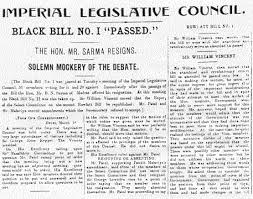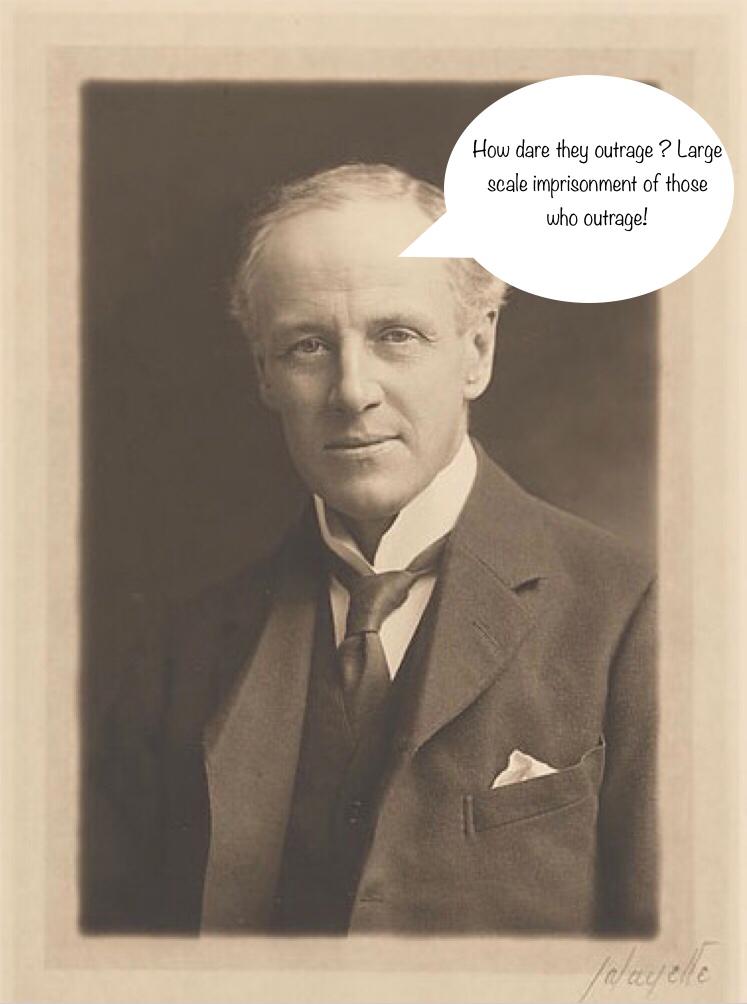Hello, we are @guneetkaurahuja and @aimanjkhan, and we, along with some other colleagues, will be taking over this handle for the next two weeks.
Before we dive into discussing #UAPA, we will talk about the evolution of repressive anti-dissent/anti-terror laws in India to give some background & context to the conversation.
We think this background is crucial to understand if a law like UAPA is in response to some new & unique threat if terror or a continuation of colonial instinct to mute dissent, & rule through a fascist politico-legal structure rather than a democratic, rights-based one.
British colonisers introduced the concept of "unlawful association" through the Criminal Law Amendment Act of 1908. It was used to ban several pro-independence organizations & suppress the movement for independence.
During WW1, the British promulgated the Defence of India Act, 1915 - a temporary legislation valid only for the duration of war & six months after it, to provide for special measures for public safety & country's defense.
The act gave wide powers to Governor-General in Council to make rules for declaration, prevention, & prosecution of a broad range of vaguely worded offenses. We will see how vague definitions & labels are a key characteristic of all public safety/security offenses in India.
Many of these like - reports likely to cause disaffection or alarm or acts prejudicial to public safety- were aimed at muting dialogue around misgovernance of India by the British. The act left it to the intelligence of the local authorities to assess and define public safety.
It gave the authorities wide powers of search, seizure, preventive detention, arrest,& incarceration without trial. It was widely used to arrest, detain and/or restrict freedom revolutionaries, political opponents, and even moderate political dissidents like Annie Besant.
Wide powers that allow the investigating authority to surpass regular criminal law safeguards that protect a person's right to life and liberty- this is another key feature that continues to be part of today's security laws.
Even before WW1 was formally over, British decided to make the vague, repressive, & wide powers of 1915 act permanent.
Anarchical and Revolutionary Crimes Act, 1919 /The Rowlatt Act. Rowlatt committee, led by SAT Rowlatt, recommended extension of wartime extrajudicial measures. Rowlatt Act allowed for preventive detention, substituted jury trial with three-judge trials.
The committee, concerned about growing discontent with British rule, noted -“..... it has not been possible by the ordinary machinery of the criminal law to convict and imprison on a larger scale those guilty of outrages.....” (Source: Gentlemanly Terrorists, by @HistorianDurba)
The Rowlatt Act was never actually implemented by the British. It, however, did leave us with two crucial legacies/bookmarks-

 Read on Twitter
Read on Twitter



